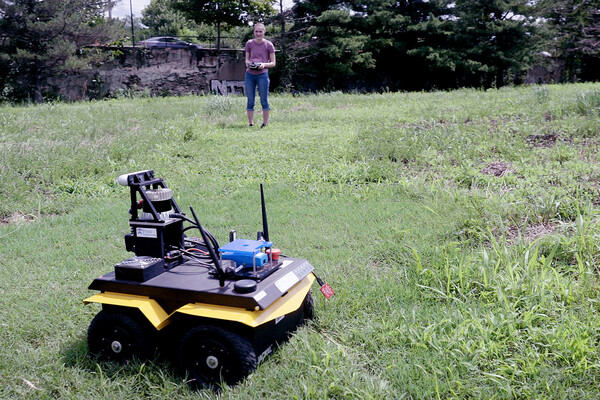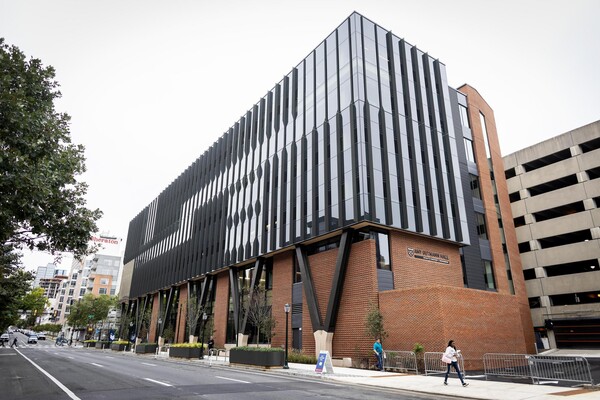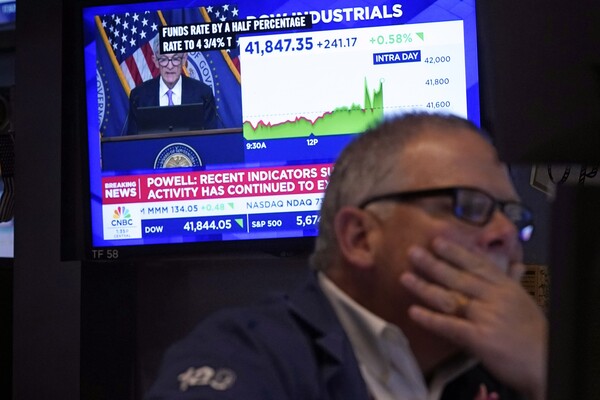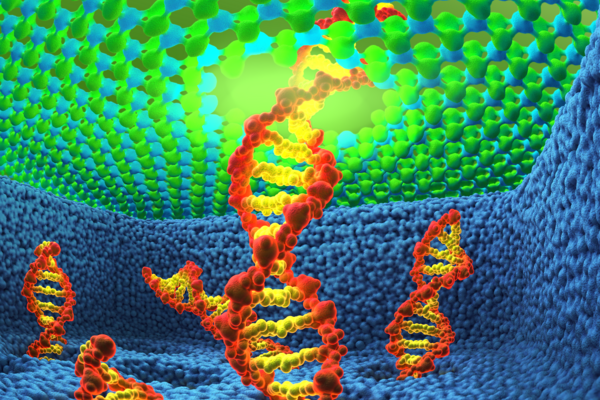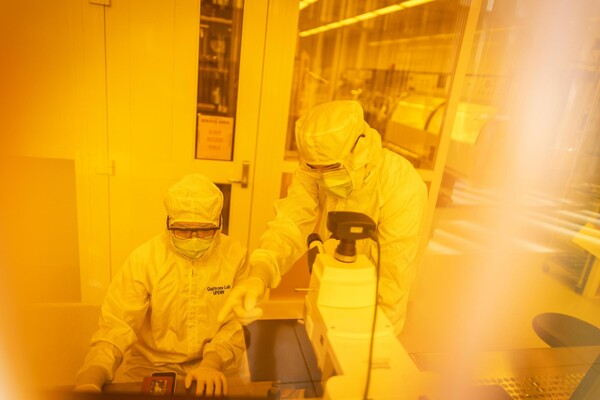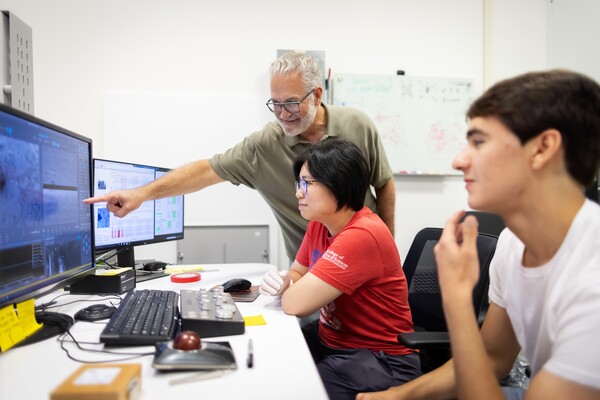
Yue Jiang (center), a Ph.D. student in Charlie Johnson’s (left) lab in the School of Arts & Sciences, has led research hinting at a new way to control sound waves at frequencies in which phones and other wireless technologies operate. These findings could lead to better signal processing and improve technologies for both classical and quantum information systems.
nocred





